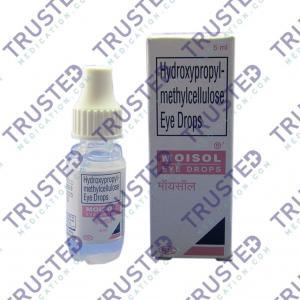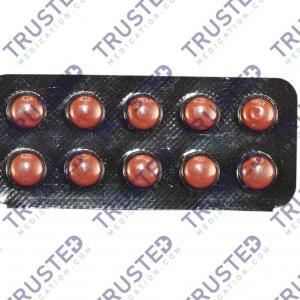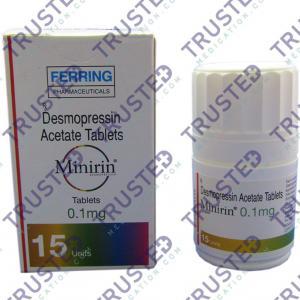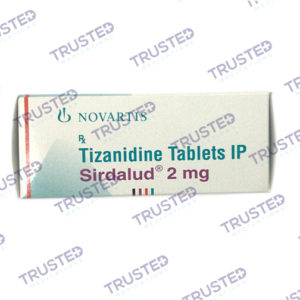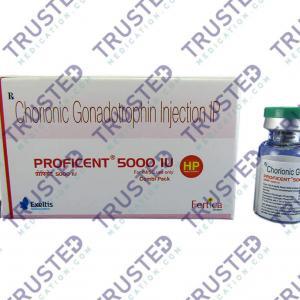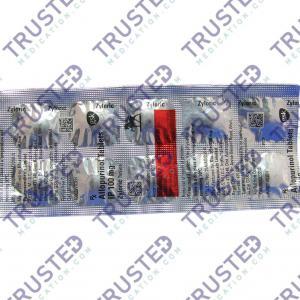
Chronic obstructive pulmonary disease is a chronic inflammatory lung disease that causes obstructed airflow from the lungs. This is a progressive disease that gets worse over time, but the chronic obstructive pulmonary disease is treatable. With proper management, most people with this disease can achieve good symptom control and quality of life, as well as reduced risk of other linked conditions.
What Is Chronic Obstructive Pulmonary Disease?

COPD or chronic obstructive pulmonary disease is a group of diseases that cause airflow blockage and breathing-related problems. This is a common, preventable, and treatable disease that affects men and women worldwide.
The two most common conditions that contribute to COPD may include emphysema and chronic bronchitis. These conditions usually occur together and may differ in severity in individuals with COPD.
- During emphysema, the alveoli of the lungs are destroyed as a result of exposure to cigarette smoke and other irritating gases.
- Chronic bronchitis is inflammation of the lining of the bronchial tubes, which carry air to and from the air sacs of the lungs.
Is Chronic Obstructive Pulmonary Disease The Same As Asthma?
COPD and asthma are similar in many ways including symptoms such as shortness of breath and blocked airflow. The main cause of COPD is smoking, while asthma is often set off by allergens. However, COPD is chronic and progressive.
Asthma patients don’t automatically develop COPD. Also, people with COPD don’t always have asthma. On the other hand, it’s possible to have both of these respiratory conditions.
How Do You Get Chronic Obstructive Pulmonary Disease?
COPD is not contagious, it is a progressive disease. You may get COPD because of long-term exposure to irritants that damage your lungs and airways. The main cause of COPD is smoking. Exposure to other inhaled irritants can contribute to the disease. These include secondhand smoke, air pollution, and chemical fumes or dust from the environment or workplace. Rarely, a genetic condition called alpha-1 antitrypsin deficiency can play a role in causing COPD.
Symptoms
Symptoms of chronic obstructive pulmonary disease aren’t recognizable until later stages. Shortness of breath can be an important symptom of lung disease.
Call your healthcare provider if you have any of these symptoms:
- Wheezing
- Chest tightness
- Lack of energy
- Frequent respiratory infections
- A chronic cough that may produce mucus (sputum) that may be clear, white, yellow, or greenish
- Swelling in ankles, feet, or legs
- Unintended weight loss (in later stages)
Treatment
Treatment for chronic obstructive pulmonary disease varies on the severity of the disease. In many cases, the chronic obstructive pulmonary disease is a mild disease that requires little treatment other than stopping smoking.
Several kinds of medications are used to treat the symptoms and complications of chronic obstructive pulmonary disease. You may take some medications regularly and others as needed.
Bronchodilators are medications that usually come in inhalers. The recommended inhaler may include:
- Duolin Inhaler (Levosalbutamol and Ipratropium Bromide)
This is a combined medication used to manage asthma and chronic obstructive pulmonary disease. The medication acts as an adrenergic that prevents the tightening of the airways which makes breathing easier.


